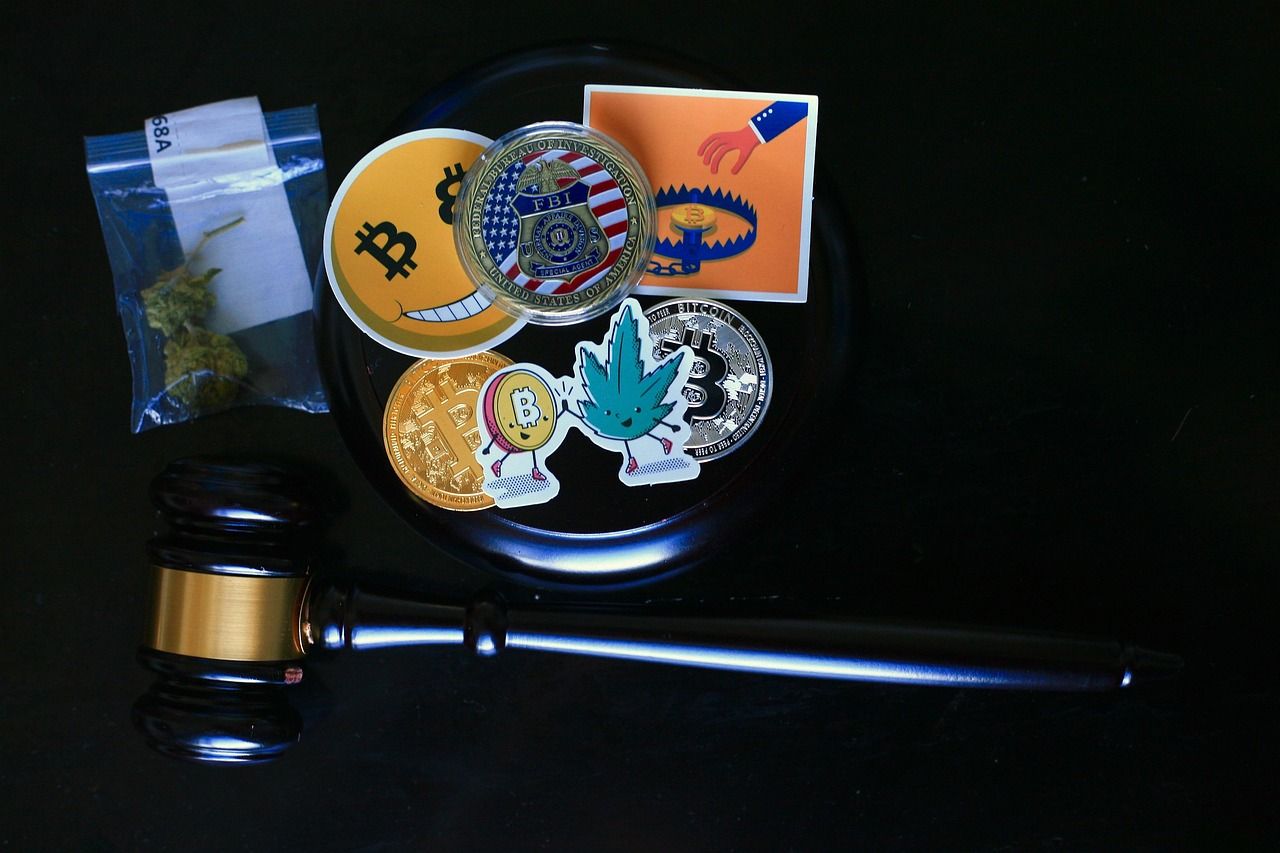Crypto fraud has been a major problem in the industry since its inception. While the new US administration has taken a lax attitude to crypto regulation, its agencies are determined to stamp out crypto scams.
In response to the growing threat to crypto holders, the Federal Bureau of Investigation (FBI) has launched a major operation to tackle it. According to the agency, they have already stopped an estimated $285 million in losses.
Last week, the FBI unveiled Operation Level Up, a comprehensive effort to stamp out crypto fraud. The initiative involves agents reaching out directly to fraud victims, chiefly to prevent further losses. This is key, as many victims continue communicating with scammers even after realizing they have been scammed.
The agency stated that it has already contacted over 4,300 potential victims and stopped them from investing more funds. Using this strategy, the FBI estimates that it has prevented $285 million in losses to crypto fraud. In many cases, the agency also helps victims recover the funds and often offers emotional support.
In one case, a Florida man lost $315,000 before realizing he had been scammed. Fraudsters promised him massive returns, and his supposed investment balance even showed $6 million. In that case, the FBI recovered the funds for the victim.
Crypto Fraud Cost Users $3.9 Billion in 2023
According to the FBI’s Internet Crime Complaint Center (IC3), crypto fraud amounted to $3.9 billion in 2023. The fraud is not slowing down, as the agency claims to receive about 3,200 complaints monthly.
The agency also revealed that scammers use more sophisticated techniques to dupe their victims. Scammers rely on creating social proof, often stealing verified accounts from high-profile individuals. Another method is creating fake websites that look like legitimate platforms. They also create a sense of urgency for the victim to pressure them into quick decisions.
The FBI advises users to pause and reconsider before investing to protect themselves from scams. Asking for a second opinion from family and friends also helps. Traders should also verify the contacts of anyone who gives unsolicited investment advice and verify website URLs from supposed investment platforms.
READ MORE: LIBRA SCAM: Why This Bitcoin Layer 2 is Crypto’s Next Hope














